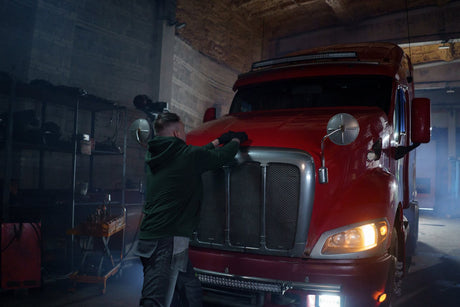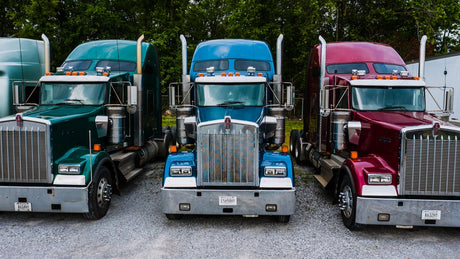
Preventive Maintenance: Diesel Particulate Filter Cleaning
Preventive maintenance is key to keeping diesel trucks operating at peak performance, and one essential component to prioritize is the diesel particulate filter (DPF). This part plays a crucial role...
Thrive Agency |








